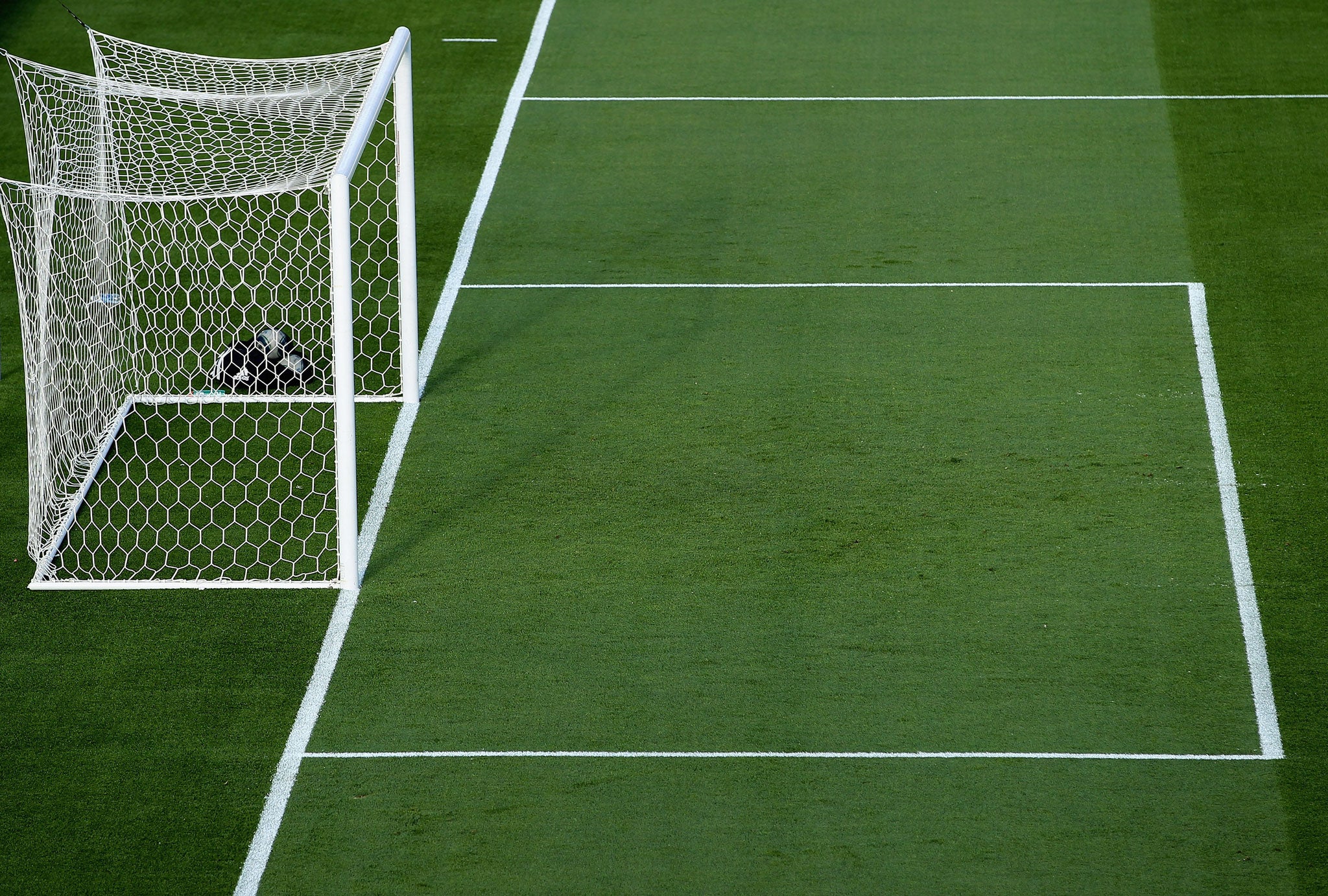Football corruption: The only surprise is the surprise
The beautiful game has always had a dark side - but since the financial boom that started in the Nineties, it's become a target for Asian gambling syndicates

Europol investigators have uncovered a massive campaign of football match-fixing instigated by Asian gambling syndicates, which may have involved more than 400 players, match officials, club officials and gangsters. And all I can say is, “What took you so long?” Football has always been a game of skulduggery, dodgy dealing, used notes in paper bags and all manner of men willing to do absolutely anything to get the result they want. And the massive financial boom that followed the arrival of satellite TV in the early Nineties, combined with the huge growth of Asian gambling markets has created a perfect storm of corruption.
In 1995 the Liverpool and Southampton goalkeeper Bruce Grobbelaar, the Wimbledon striker John Fashanu, the Wimbledon goalkeeper Hans Segers and a Malaysian businessman Heng Suan Lim were accused of conspiracy to fix matches on behalf of a Far Eastern syndicate. After two criminal trials the four men were all acquitted of all charges against them.
There the story would have ended, but for Grobbelaar’s desire to make The Sun pay for printing the stories that had first exposed the alleged conspiracy. After a libel trial and two appeals, going all the way to the House of Lords it was ruled that the only reasonable explanation for Grobbelaar’s confession, actions and monies received was that he had indeed been involved in a conspiracy. But there was no proof that he had actually let in any goals on purpose, even in games he had allegedly agreed to fix.
Some would say that this proves that football matches can’t be manipulated, but that’s missing the point. On tape, Grobbelaar said he found it impossible to override his competitive instincts. Other players may not have the same problem. There’s also a long tradition of referees being paid to give penalties to one side and deny them to the other. But when massive amounts are wagered on apparently trivial issues, like the number of free kicks, or the time of the first throw-in, the final score isn’t always the key issue. A known associate of Grobbelaar’s co-defendant Lim, called Ong Chee Kew, was one of a group of men who deliberately sabotaged the floodlights at a number of Premier League matches, thereby ending the games and ensuring that bets in Asia were settled on the basis of the score at the time the lights went out.
Ong Chee Kew went to jail but men like him are operating now, running ever-more sophisticated scams. Plenty of footballers like to gamble and it’s not hard to imagine one or two getting in too deep and making themselves vulnerable to criminal persuasion. Referees are only human and far from overpaid. And plenty of clubs are owned by men whose billions were not all earned in the most salubrious fashions. I wish Europol good luck with their investigation. But try as they might, the lights aren’t going to go out on football corruption any time soon.
David Thomas is the author of ‘Foul Play’ about the Grobbelaar match fixing allegations and trials
Join our commenting forum
Join thought-provoking conversations, follow other Independent readers and see their replies
Comments
Bookmark popover
Removed from bookmarks